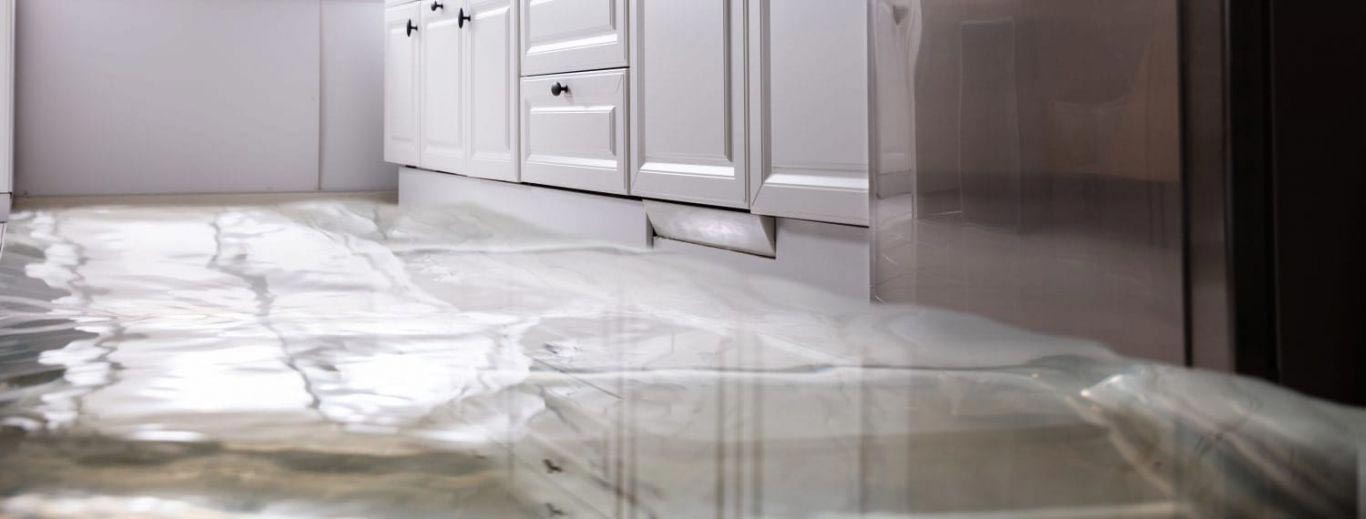
Sewage Backup & Associated Health Risks
Sewage backups can cause serious damage to your Colorado home or business—creating devastation that only gets worse and more costly the longer it goes untended.
Raw sewage can wreak havoc on your property, but even worse, it can result in short- and long-term effects on your family’s health, leading to issues and disease that can have severe, sometimes fatal consequences for anyone nearby or exposed.
Below, the team at Professional Restoration examines some of the more common dangers sewage backups pose to you and your loved ones, as well as who is at the most risk when a problem occurs.
Risks of Exposure
A sewage backup on your Colorado property creates not only unpleasant odors, but also a number of unhealthy living conditions that can put your family in danger.
Raw or untreated sewage contains a variety of bacteria, parasites, and viruses that can transmit disease upon exposure. The most common forms of sewage exposure include:
Contact—Touching contaminated water may lead to rashes and infections on your skin.
Ingestion—Accidental consumption can cause anything from nausea and abdominal pain to diarrhea and vomiting.
Inhalation—Sewage overflow tends to create an environment conducive to mold growth, which can lead to mold spores in the air. Once inhaled, these spores can sometimes cause severe allergic reactions and respiratory infection.
Sewage-related Diseases
No matter how it happens, contact with raw sewage can put your health and life at serious risk.
The contaminants in sewage have been linked to numerous diseases—from those that cause relatively minor symptoms of nausea and upset stomach to diseases that may present a severe, long-term threat to your health.
Some of the more common illnesses associated with sewage include:
- Campylobacteriosis: The most common diarrheal illness in the U.S., this bacterial infection often manifests in such symptoms as abdominal pain, nausea, diarrhea, vomiting, and fever.
- Cryptosporidiosis: Caused by a microscopic parasite, “Crypto” is considered the most common waterborne disease in the United States, and can lead to stomach cramps, fever, and diarrhea.
- E. coli Diarrhea: E. coli is often transmitted by contaminated water, and may result in anything from fever and abdominal cramps to nausea, vomiting, and diarrhea. In severe cases, hemolytic uremic syndrome may occur, which can cause kidney failure and sometimes death.
- Gastroenteritis: Also known as “stomach flu,” this viral infection may produce symptoms like headache, fever, diarrhea, vomiting, and abdominal cramps—and can sometimes last up to ten days or more.
- Giardiasis: Giardiasis is among the most common waterborne diseases in the country. Caused by a parasite, it typically leads to diarrhea, upset stomach, and abdominal cramps.
- Hepatitis A: Those with Hepatitis A may suffer from anything from loss of appetite, fatigue, and jaundice to nausea, fever, and diarrhea. About 15 percent who contract this disease will experience prolonged symptoms for a six-to-nine-month period.
Though less common, such sewage-related diseases as Leptospirosis, Poliomyelitis, Salmonellosis, Shigellosis, and Typhoid Fever can have serious and lasting effects on your health.
Poliomyelitis, for example, can sometimes lead to paralysis, while conditions like Leptospirosis, Salmonellosis, and Typhoid Fever may lead to death—particularly when left untreated.
Who Is at the Most Risk?
Diseases involving sewage can be bad for anyone living in the Rocky Mountain region.
But for those with underdeveloped or weakened immune systems, or who are already coping with a severe or immunocompromising illness, the risk of contracting a sewage-related condition tends to be much greater and far more dangerous.
Those affected most by sewage-related diseases include infants, young children, the elderly, and anyone with previous health issues.
Conditions like E. coli, Encephalitis, Salmonellosis, and Shigellosis can be particularly difficult for children and elderly populations, while the impact of such diseases as Methaemoglobinaemia (blue-baby syndrome) is often devastating for infants.
Protecting Your Family’s Health
Minimizing your family’s exposure to contaminated areas is one of the best ways to avoid sewage-related health risks.
Once a sewage backup is detected, it’s important to keep your loved ones away from the affected area(s) and items throughout the cleanup process and to be particularly careful when it comes to the most vulnerable (children, elderly, etc.).
If you must access a contaminated area, be sure to take every precaution to avoid direct exposure. Waterproof boots, eye protection, gloves, masks, and disposable clothes are recommended to avoid contact with sewage-related contaminants.
Learn more about disaster dangers from the pros! ‘Like’ Professional Restoration on Facebook or follow us on Twitter.

